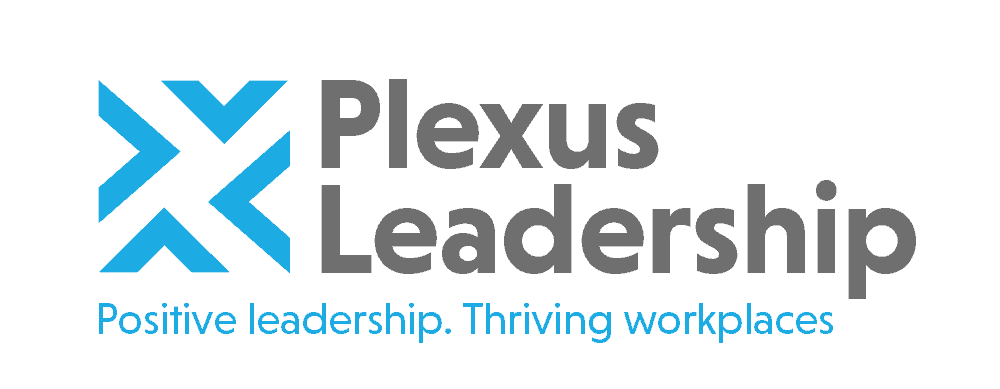Will ‘expert knowledge’ continue to be an enduring source of influence in the digital age?
For a long time expert knowledge has been held in the highest regard, in business and society generally. Knowledge workers are seen as the engine of economic growth and talent and leaders have been hired and promoted based primarily on their knowledge and learned experience.
Because knowledge is about facts and ideas acquired through study and experience, many organizations have invested huge sums in developing the knowledge of their managers and leaders as a source of competitive advantage. This has included sending them to expensive B-school programs to get MBAs or similar qualifications, the former often being regarded as the “gold standard” of management know-how.
Let’s not kid ourselves. Expert power based on specialized knowledge acquired through education and experience is still regarded as a key source of power and influence for managers and leaders alike and, together with authority, it is actively developed, encouraged and rewarded. However, will it continue to be an enduring source of influence in the digital age?
There are several trends we are seeing that are likely to undermine knowledge as a source of enduring advantage for managers and leaders. In fact, we are already seeing the profound impact of some of these forces.
Knowledge is more widely available than ever before
Ask the millennials how they access knowledge and you’ll find that most get more from their peers and online sources like Google and Wiki than they do from so-called “experts” and people in positions of authority. Knowledge is now highly democratized. It is more accessible than ever before, thanks to the Internet, social media and, in recent years, the power of AI and machine learning technologies.
Trust in knowledge is fragile at best
There is a growing distrust of established wisdom and knowledge and declining respect for expert opinion from people in powerful positions. This is evident in all facets of society, including business and politics. For example, in the recent Brexit referendum, the guidance and advice of so-called experts like economists, lawyers and international trade advisors, were roundly ignored and even drew fierce criticism from many people. Even the advice of then President of the US, Obama, was largely ignored by a significant proportion of voters.
Insight is replacing knowledge as the key source of advantage
Traditional knowledge is being replaced by insight as the key source of power and influence. Unlike knowledge, insight is the “capacity to gain an accurate and deep understanding of someone or something” (Oxford Dictionary, 2019). It’s about a deeper level of knowing and sense-making, taking one’s ever-changing context into account. It’s about grasping how knowledge is created and what it means, including how it might change in future.
Today, insight is underpinned by big data, social networks, collective wisdom and machine learning. It is no longer vested in one or a limited number of powerful people.
So what can leaders do to remain relevant and influential in these fast changing times?
1. Leaders can become accelerators of learning and insight
Leaders who have traditionally relied on authority and expertise as the principle ways to influence others will have to learn to shift their mindset to one that is centred around building an expert team who can access the best insights from customers, suppliers, co-workers and other stakeholders.
They need to let go of the idea that their knowledge is superior and accept that their role is to accelerate learning and insights from multiple sources by empowering their team.
2. Leaders can embrace digital technologies and AI
Breakthroughs in computing power, robotics, AI and other technological advances will transform organization processes in disruptive ways in the coming years.
Insights and decisions currently accomplished by humans will increasingly be made by machines or human-machine partnerships. It is therefore vital that leaders understand the possibilities, as well as risks, arising from these changes to find more innovative, cost-effective ways of delivering value using the power of intelligent insights.
3. Leaders can encourage challenge and debate
High quality insights and decision-making are reliant on encouraging diverse views, critical thinking and open debate. It is vital for leaders to create an environment where all employees and relevant stakeholders feel they have a voice in decisions and constructive debate is encouraged, not stifled.
Where cultural norms don’t allow top management knowledge to be questioned, or favour consultant expertise in favour of internal insights, the quality of problem-solving, innovation and teamwork will suffer. Customer and shareholder value creation will too.
Other Posts

About the Author
James Brook
Founder and MD | Leadership Consultant | Organizational Psychologist
James is a leadership consultant, organizational psychologist and executive coach. He has over 25 years’ experience working with leaders, teams and organizations globally to optimize their performance, talent and future success. He specializes in positive leadership, thriving workplaces, collaboration and influencing, organizational change and transformation, accelerating innovation and coaching executives and leaders in innovative sectors including Tech, Digital, E-commerce and Life Sciences.
Before setting up Plexus Leadership, James held leadership roles in HR and Talent Management in the UK and abroad with companies such as NatWest, Yahoo! and Novo Nordisk Pharmaceuticals. After this, he founded and led several talent and leadership consulting and assessment businesses, including Strengthscope®, an online strengths assessment and development business serving a wide range of UK and global clients. James grew this venture into a global market leader before selling the business in 2018.
James has supported, advised and coached leaders and teams globally across diverse industries and geographies. Clients he has worked with include Allen & Overy, Commvault, Equinor, Facebook, GSK, Hilton, John Lewis, Novartis Pharmaceuticals, NHS, Oracle, Sainsbury’s, Swiss Re, Tesco, Takeda Pharmaceuticals, WSP and Yahoo!.
James has a Master’s in Organizational Psychology, an MBA, an Advanced Diploma in Executive Coaching and a Harvard Business qualification in Sustainable Business Strategy. He is a member of the Institute of Directors, the Association of Business Psychologists and a Fellow of the Chartered Institute of Personnel and Development (FCIPD). He is currently undertaking a PhD in Organizational Psychology examining the start-up experiences of Tech and Digital entrepreneurs.
James is a regular contributor and speaker on leadership, coaching, innovative talent management and the future of work. His most recent book, Optimize Your Strengths, explores how leaders can create thriving workplaces by inspiring and supporting people to optimize their potential and teamwork to deliver breakthrough results.





